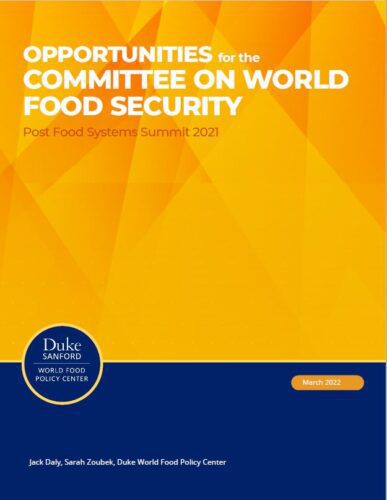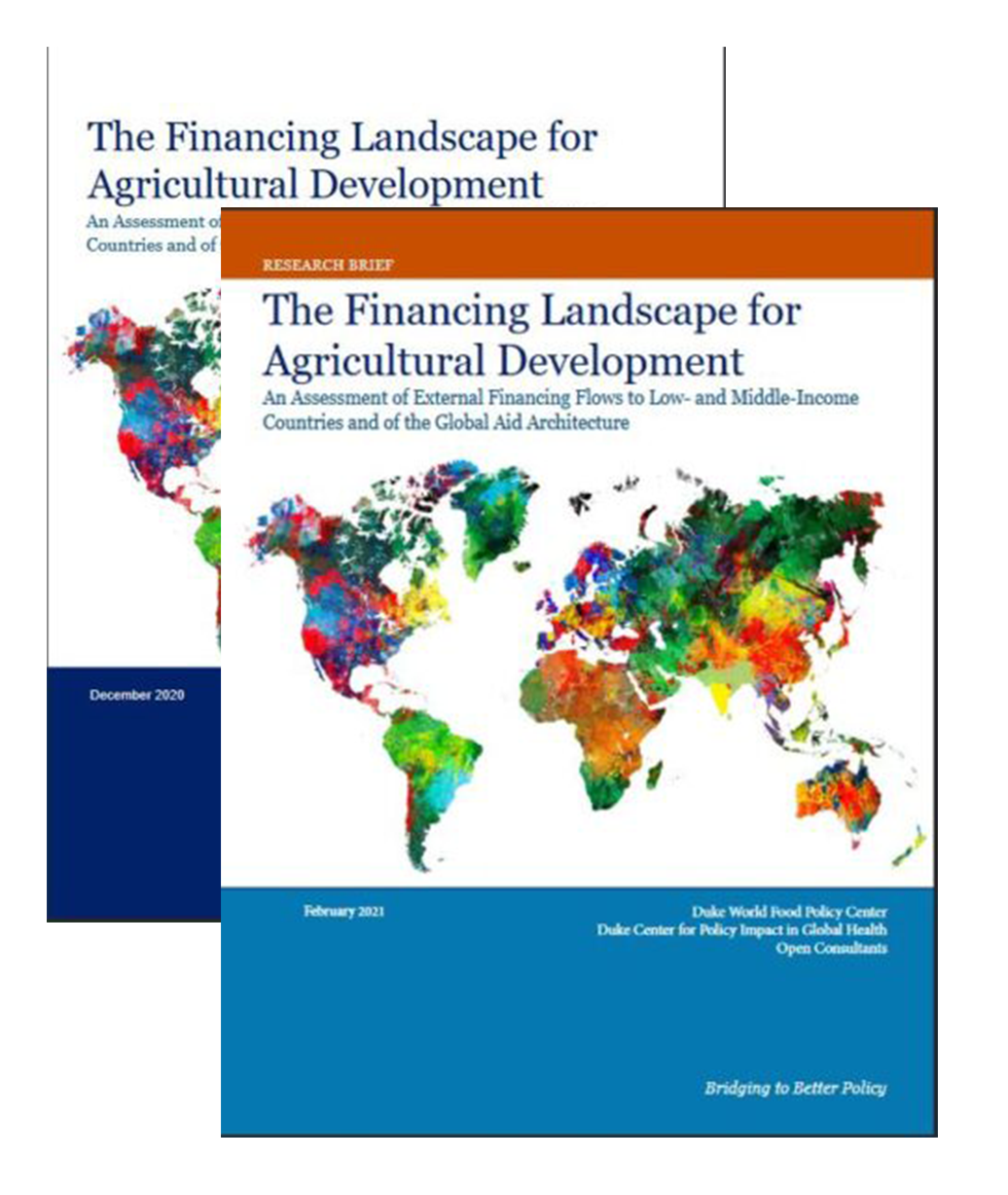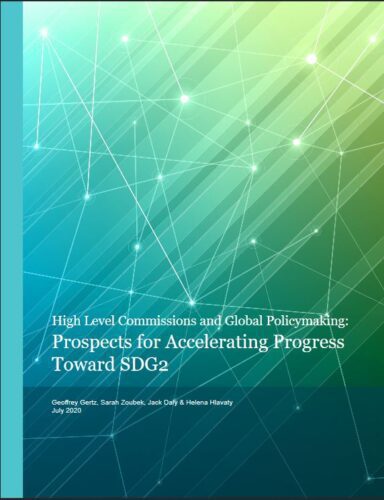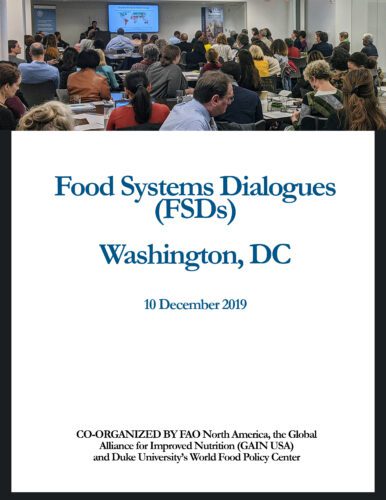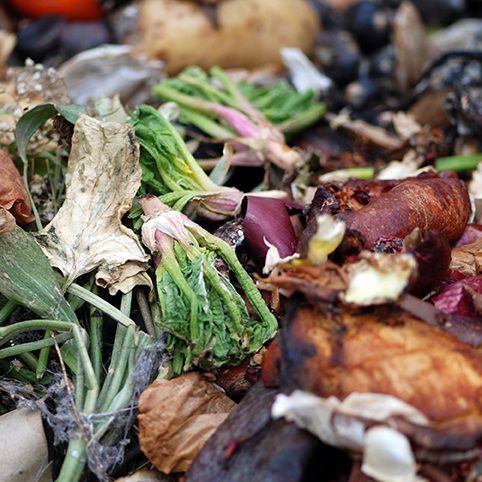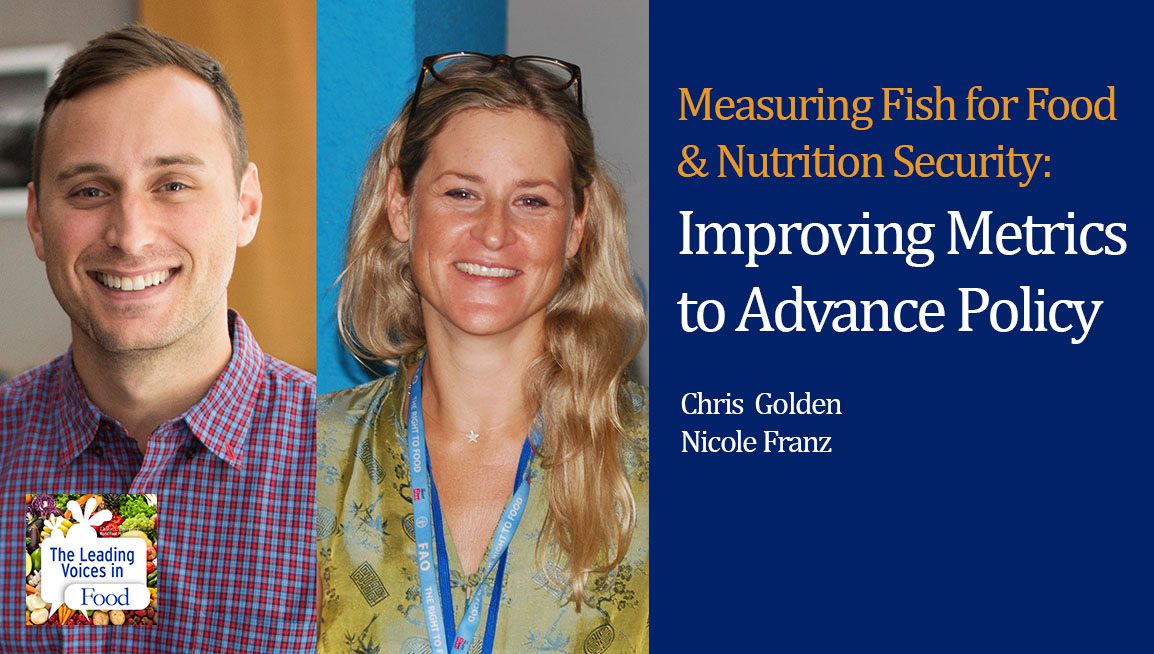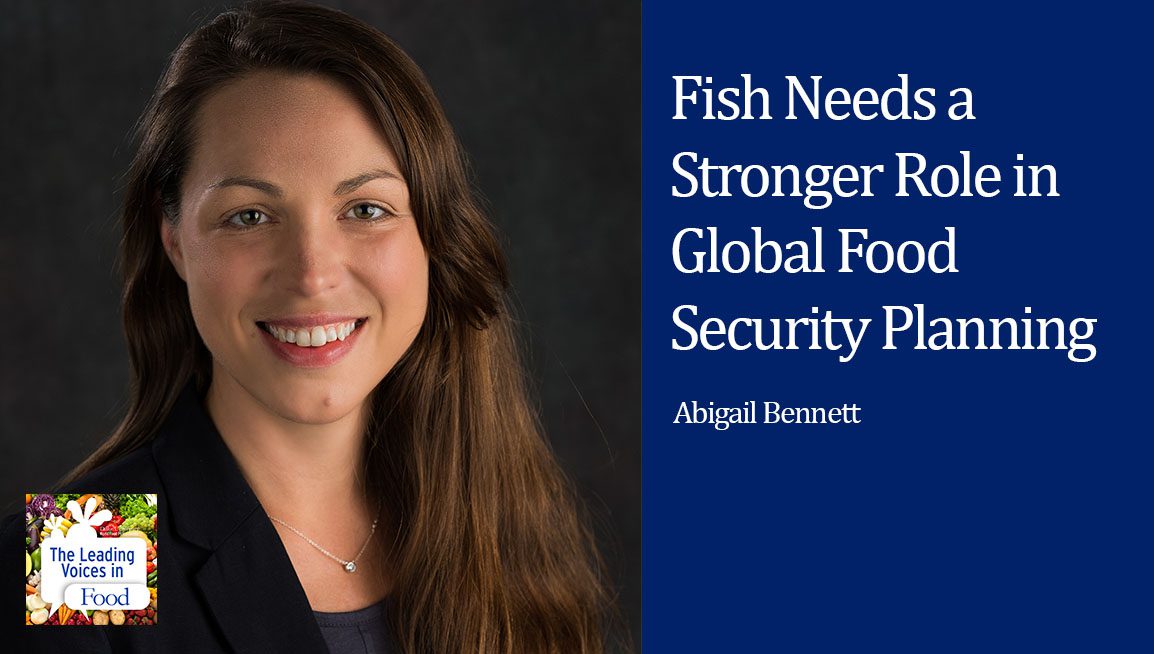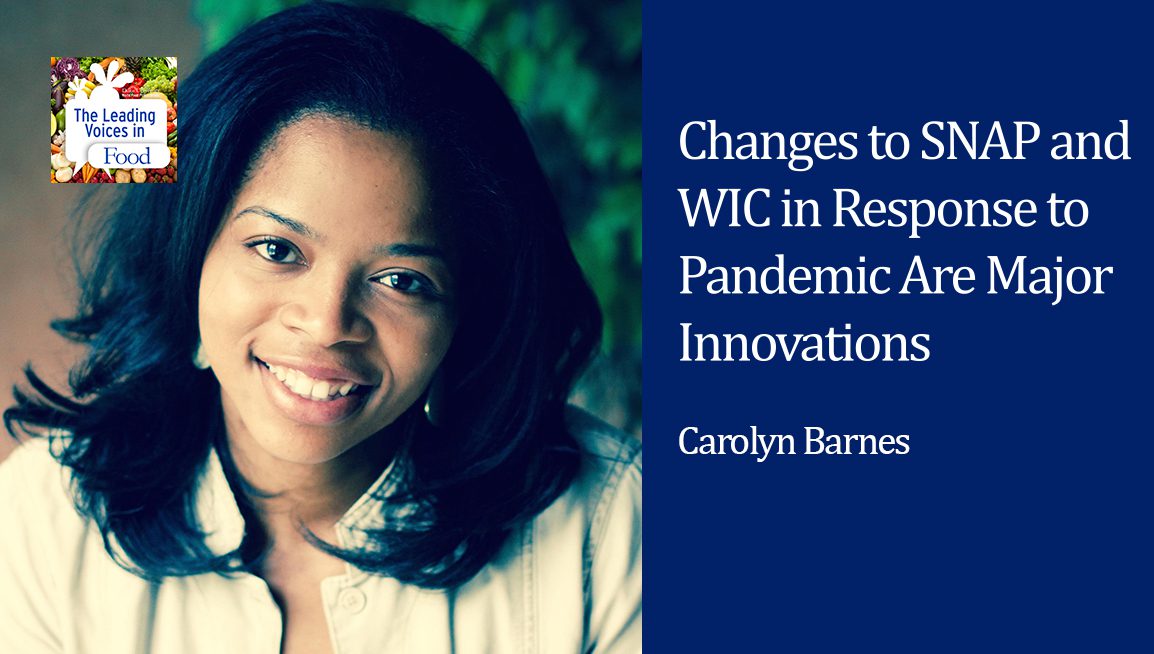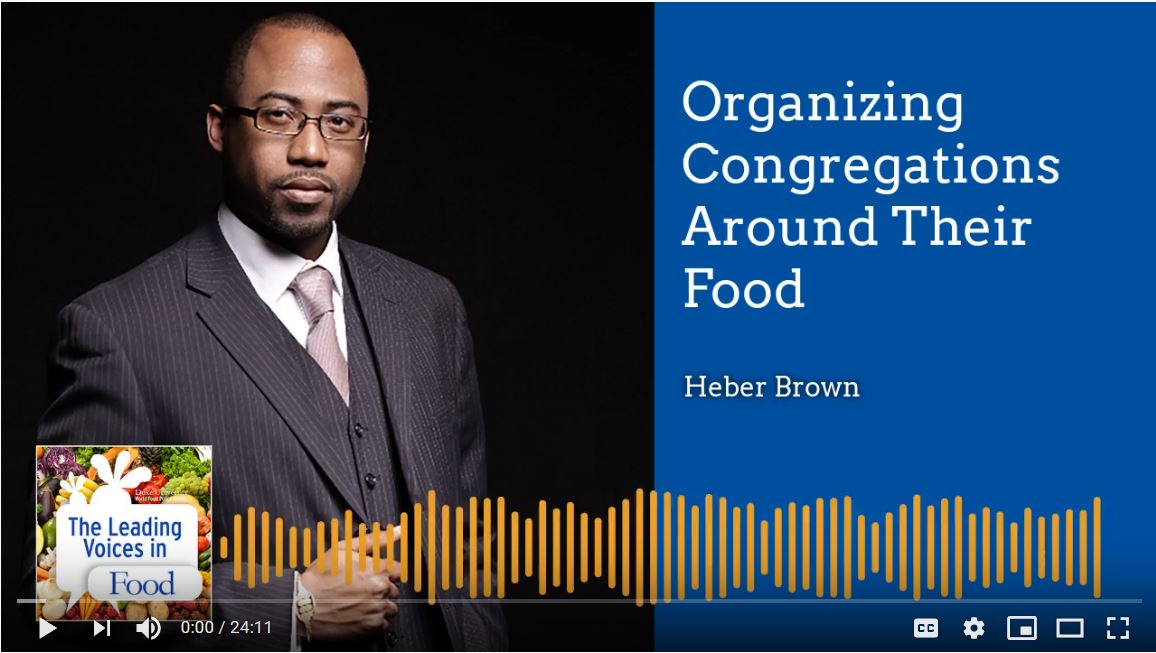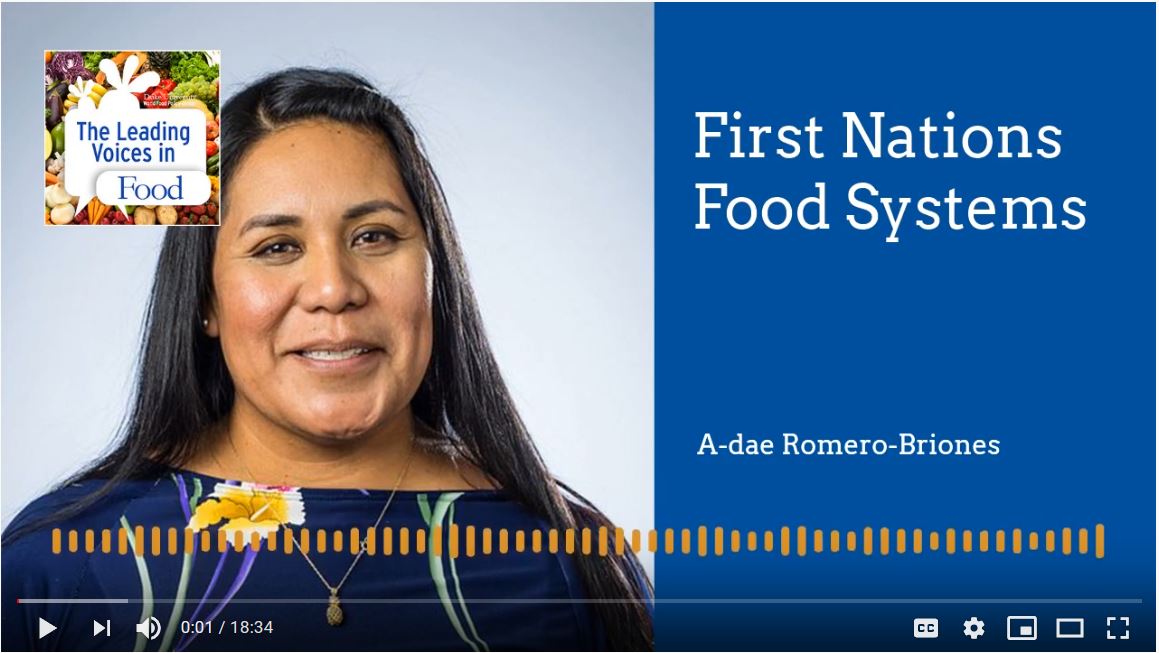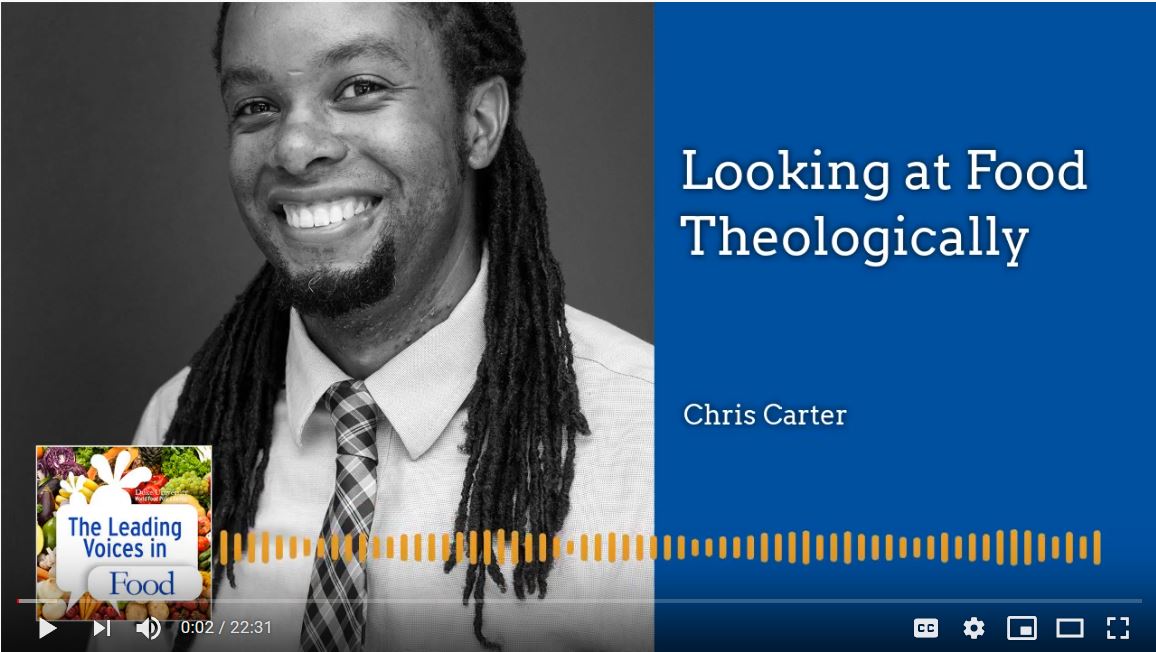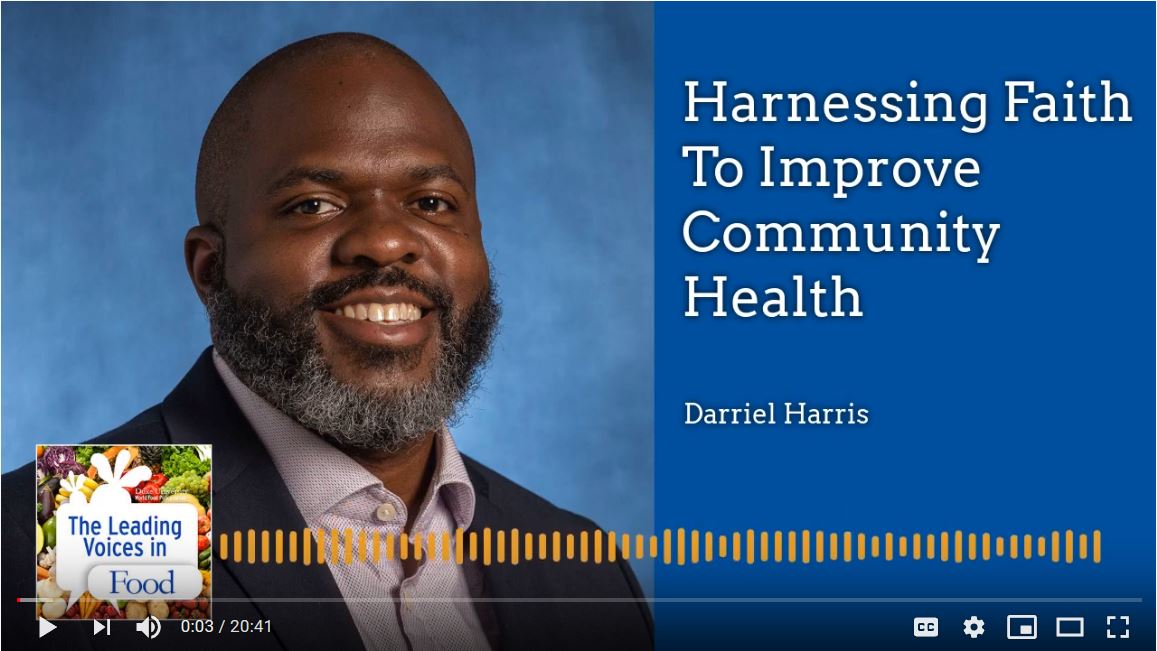Sarah Zoubek served as associate director for the center from 2015 through 2023 under the faculty director overseeing Duke World Food Policy Center (WFPC) strategy, grant management and relationships, project and research partnership development, and ongoing operations. She oversaw the planning and launch phases of the WFPC, center management and a global portfolio of projects. She assisted the full center team with research methodology, writing, and communications strategies, designs and facilitates summits on various food topics, and develops project proposals for funding and calls for proposals. Based in the Duke in DC office, she served as a national and international liaison to foster partnerships. Topical areas of focus include regenerative agricultural production systems for better nutrition and reduced environmental impacts, the global aid architecture for achieving Sustainable Development Goal #2, financing low- and middle-income country smallholders, and expanding donor toolkits from charity to address root causes. Previously Sarah worked at Datu Research, focusing on market-based incentives for more environmentally sustainable practices for food producers, with a focus on supporting the Soil Health Renaissance for the launch of the Soil Health Institute.
Sarah earned a Master of Environmental Management degree at Duke University’s Nicholas School of the Environment in 2013 to explore the intersections of agriculture and the environment. Prior to her graduate studies, Sarah worked at New York Sun Works (NYSW), a non-profit organization that teaches environmental science through the lens of sustainable food production. She also holds a BA in English from Yale University.

Research at the WFPC
Moving the Needle on Global Food Systems Financing: Translating Evidence from Health to Agriculture Development Finance
Duke University’s World Food Policy Center partnered with the Duke Center for Policy Impact in Global Health at Duke University and Open Consultants to explore how innovative approaches from the global health sector can be adapted to food systems financing to ensure we are more resilient to avoid or better address future crises. We acknowledge that there are important differences between the health sector and the agriculture and food sectors. However, the dramatic innovation in pandemic response from the health sector provides a source of new ideas for the agriculture and food security sectors. With lessons from the health sector as a lens, we conducted desk research, and key informant interviews and two focus groups (both referred to in this report as KIIs) to explore: the role of grant-based mechanisms, resource mobilization with a focus on innovative financing mechanisms, crisis coordination, and global functions (i.e. activities with transnational benefits).
Opportunities for the Committee on World Food Security: Post Food Systems Summit 2021
This paper is a think-piece on the role of the Committee on World Food Security (CFS) in supporting outcomes associated with the Food Systems Summit (FSS). It explores key questions the CFS and its advocates are likely to grapple with moving forward. The goal of the analysis is to identify potential pathways for the CFS within the global governance environment, as policymakers attempt to spur action toward the Sustainable Development Goals (SDGs). This project was an outgrowth of conversations in 2021 between the World Food Policy Center at Duke University and other stakeholders with interests in the global food governance architecture. Animating questions for the report include the following:
- What role could the CFS play in implementing or supporting the policy initiatives that emerged from the FSS?
- What within the CFS structures or procedures could be optimized to allow it to meet the opportunities associated with the FSS?
The analysis in this report draws from: 1) a literature review; 2) semi-structured interviews with key officials and academics familiar with the CFS, FSS, and the global food governance landscape; 3) an expert roundtable; and 4) an advisory group of faculty with expertise in global health, defense, international development, and international organizational design.
The Financing Landscape for Agricultural Development: An Assessment of External Financing Flows to Low- and Middle-Income Countries and of the Global Aid Architecture
This report takes stock of the donor investment landscape in agricultural development to inform discussions on ensuring adequate support for agriculture in low- and middle-income countries. It provides a financial landscaping assessment and an analysis of the strengths and weaknesses of the global financing ecosystem for agriculture and four multilateral financing institutions: the International Fund for Agricultural Development (IFAD), the Global Agriculture and Food Security Program (GAFSP), the African Development Fund (ADF), and the International Development Association (IDA). This study used a mixed-methods approach, including an assessment of major financial databases (especially the Creditor Reporting System (CRS) by the Organization for Economic Cooperation and Development (OECD) Development Assistance Committee (DAC)), quantitative modelling, key informant interviews, a document review, and original analysis. It also makes recommendations to optimize official development assistance (ODA) allocations and improve this ecosystem.
High Level Commissions and Global Policymaking: Prospects for Accelerating Progress Towards SDG2
This paper assesses the potential and limits of a new high level commission in food and nutrition security (FNS) and agriculture. Our goal is not to advocate for a new commission. Instead, we scope what can be learned from previous similar efforts, and critically analyze whether the functions of a high level commission map on to current challenges in FNS and agriculture. Why have some high level commissions had important impact in shaping global politics while others have fallen flat? What, if anything, could a new commission on FNS and agriculture hope to achieve? And how should such a commission be organized and implemented to maximize its influence?
Food Systems Dialogues (FSDs)
In collaboration with FAO North America, the Global Alliance for Improved Nutrition (GAIN USA), the WFPC co-organized a Food Systems Dialogue in Washington, DC. Attendees were asked to present one or more proposals for action to address a specific area of food systems, with a focus on Washington, DC, the United States, as well as global implications. The discussion topics for dialogue at this event addressed the following areas: food systems thinking; child obesity reduction; tackling micronutrient deficiencies through biofortification; race, inequality and food systems; gender, nutrition and food systems; key challenges for family farmers; and city food systems and DC food policy.
A Systems Approach to Assessing Environmental and Economic Effects of Food Loss and Waste Interventions in the United States
Reducing food loss and waste (FLW) is critical for achieving healthy diets from sustainable food systems. Within the United States, 30% to 50% of food produced is lost or wasted. These losses occur throughout multiple stages of the food supply chain from production to consumption. Reducing FLW prevents the waste of land, water, energy,and other resources embedded in food and is therefore essential to improving the sustainability of food systems. FLW has substantial environmental consequences and although solutions are being pursued, most have not been assessed in an economic framework. To do so requires developing measures of both the potential environmental benefits and the costs of implementing interventions.Assessment of the environmental benefits and economic costs depends on whether interventions focus on prevention, recovery, or recycling of FLW and whether they are mandated or adopted on a voluntary basis.This paper provides background information for developing an integrated modeling approach for prioritizing investments in FLW interventions while considering costs to industry, consumers, and government relative to environmental benefits. The information synthesized in this paper indicates the importance of prioritizing FLW prevention over recovery and recycling, given the high amount of virtual resources lost when food is wasted, but better data and further research are needed to rank the cost-effectiveness of specific interventions.


